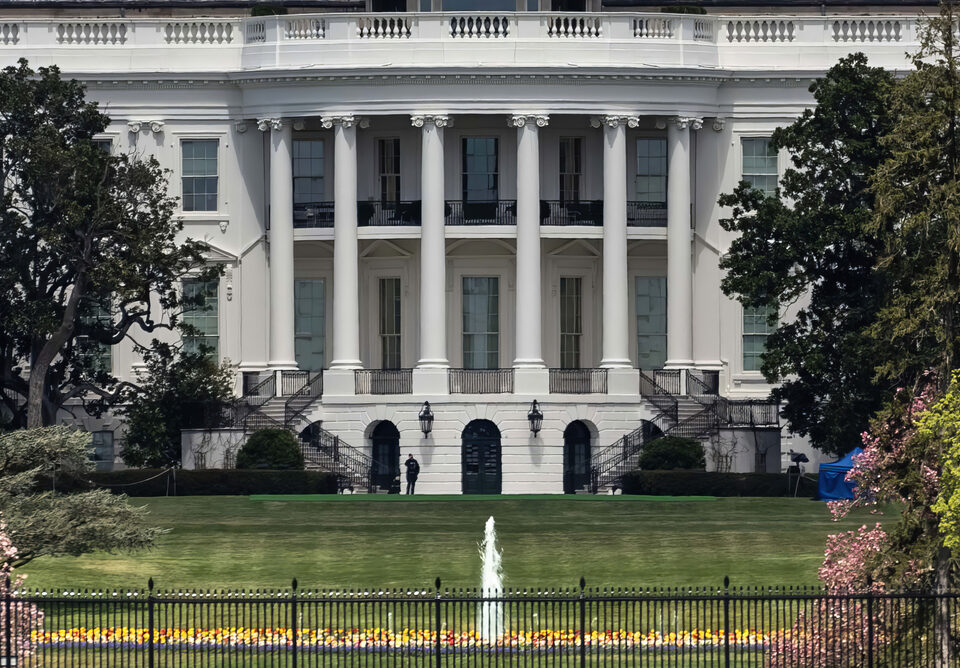Surrogacy laws blurred across state lines
十月 29, 2014Topeka Sperm Donor Case Back In The News
十一月 16, 2014Nearly a year ago, a Thai surrogate gave birth to twins to an Australian couple. Months later, the surrogate spoke to reporters, alleging the Australian couple took the little girl, but not their little boy. Yes, I am referring to Baby Gammy.
The headlines lit up cyberspace and news stations all over the world. People across the globe were horrified that a couple would walk away from Baby Gammy who was diagnosed with Down syndrome and a heart condition.
The Australian couple, David and Wendy Farnell, created a scandal. Not only did they bring their daughter home to Australia, but when reporters dug deeper, David Farnell was convicted of sexual child abuse years before.
So you may be asking, “What does this have to do with Australians being denied visas for surrogates in India?”
Well, they may be shying away from the tarnished press of the Farnell Family. India may likely be sidestepping; avoiding the line of fire Thai surrogacy has received over recent months.
While the Baby Gammy case is a rare occurrence, I do have to say that his surrogate mother is doing a brilliant job caring for him. In fact, the baby is thriving under her love and care.
Is it right that Australians, who want to be intended parents, are being denied visas because of the Farnell duo?
No. But there appears to be an allegation against a different Australian couple.
Reporter Stephanie March, of ABC.NET.AU shed more light in her feature story, “Australians Couple Frozen Out Of Indian Surrogacy Industry.”
She writes, “Surrogacy advocates said India had effectively frozen out Australians from the surrogacy industry following recent revelations a child was abandoned in India by an Australian couple.”
This is the first I have heard of this above scenario. Yet again, this is not the norm.
March writes, “In a statement to surrogacy advocates, the Indian Consulate in Sydney said the cause of the current visa delays is over its concern for the welfare of surrogate children born for Australian parents.” The statement goes on to say, “It was recently revealed that in 2012 an Indian surrogate gave birth to twins for an Australian couple who left one baby behind, saying they could only afford to take one child.”
It’s wrong to generalize Australians this way. Due to a family’s actions, other couples yearning to become parents are being penalized.
Sam Everingham from Surrogacy Australia told March, “India has put a freeze on all new applications for new intended Australian parents wanting to engage in surrogacy.” He added, “Couples trying to embark on the surrogacy process are being denied visas, while those who have pregnant surrogates in India are facing long delays in having their visas issued.”
The level of uncertainty and deflated hopes are incredibly discouraging. If only Australia would make surrogacy legal, all of this could be avoided.
Everingham told the reporter, “For those who have got pregnant surrogates we have seen a lot of anxiety and a lot of panic around getting a visa in time for the person.”
These intended parents are in a race against time, doing what they can to get on India soil. As each day passes, the angst increases not knowing what the following day will bring.
Authorities in India are beginning to mandate surrogacy industry regulations. They are asking, “Australia for clearer guarantees that children born under surrogacy arrangements will be granted Australian nationality,” March reports. “The consulate said it will issue visas if those guidelines are met.”
Everingham voiced his worry about the happenings in India. While the situation remains in upheaval, he’s genuinely troubled by the fact that couples may seek surrogacy elsewhere. And this is a problem, he said, for less established industries in other parts of the world which may put all parties at risk.
A closer look into surrogacy in India, Everingham said, shows there is a lot less screening of parents before they engage, and, often no screening at all.
He told March, “There is no guarantee that a child will be able to exit that country.”
According to March, she writes that India has guidelines for the surrogacy industry but no laws to enforce them.
“Legislation to regulate the industry has been sitting in parliament for several years,” she reports. She goes on to write, “Delhi-based surrogacy lawyer Anurag Chawla said until the Indian government enacts laws to govern the industry, problems will continue. The clinics feel they can do anything and said when they are caught that there is no law, so it is a grey area.”
It’s this “grey area” which is so troubling and undoubtedly concerning to all parties involved, including these innocent newborn babies.




